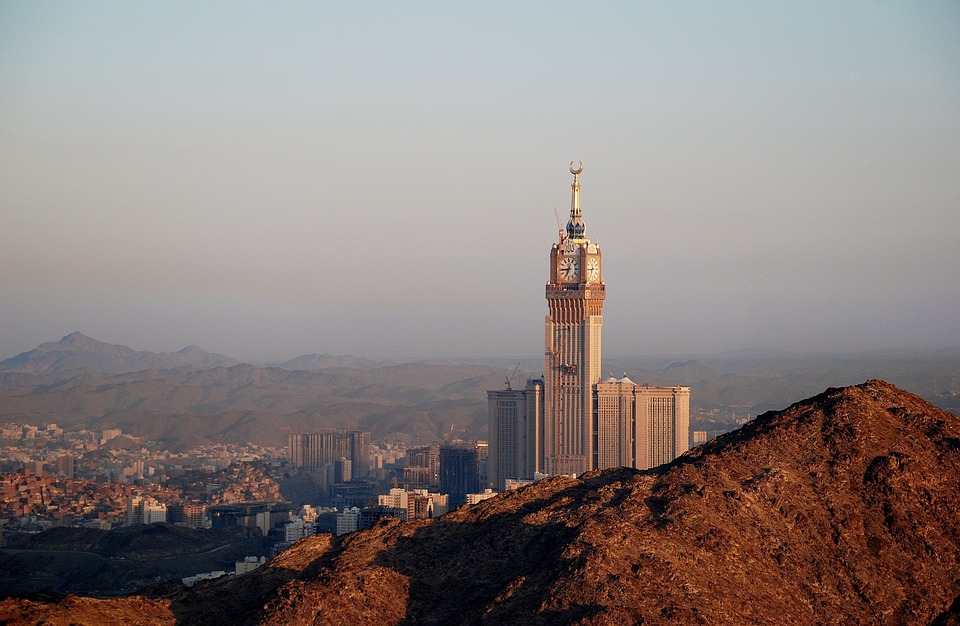Imagine: You develop a career as an experienced journalist from a part of the world where many are silenced. You gather knowledge, provide information and opinions for multiple worldwide outlets, and represent voices that would otherwise be missing at the table in the Western media. Along the way, you do what journalists do best: holding government accountable by analyzing and criticizing their actions.
Soon, some of your fellow countrymen who are unhappy with your comments decide that you are a threat to their hegemony and cut you into pieces with a chainsaw after torturing you. They also do it while listening to music so it is less disturbing and proceed to “get rid of” your body parts.
This was the fate of prominent Saudi journalist and Washington Post columnist Jamal Khashoggi. Despite an audio recording, camera records and evidence that 15 Saudi agents were flown into Istanbul on private jets, the U.S., Turkey and Saudi Arabia have put off a definitive announcement of his death until a full investigation is complete — or until they decide which diplomatic actions (if any) to take. Up until two weeks after Khashoggi’s disappearance, evidence became more and more overwhelming day by day as Turkish officials provided more information to global outlets — particularly American. Following numerous articles on the issue and a particular attention from Turkish president close to the journalist, Saudi Arabia acknowledged Khashoggi’s death as a result of a “brawl” inside the consulate — without clarifications about the questionable gory details of his death or whereabouts of his body.
Khashoggi was neither a radical nor an extremist dissident: His political opinions of past years were critical but always underlined Saudi patriotism; he championed the view that Saudis deserved better. It is important to note that as someone with no local ties to Saudi Arabia, I am quite possibly unaware of the debates surrounding the ideological views that Khashoggi represented. But in the end, we can all agree that nobody’s life should end with torture and indignity, regardless of their ideology or opinions.
Khashoggi is by no means the first journalist to be subjected to such a horrific death. Considering the ubiquitous and strong crackdown on dissent in the Middle East, journalists at independent, non-state-owned media outlets usually pay attention to what they write out of concern for their security (with good reason) and in worsening situations choose self-exile, as Khashoggi did. And despite the precautions taken, his desire to improve Saudi Arabia and a host of high-profile international connections could not save him. Perhaps we are in a time in which any criticism of central powers or conservative social traditions will be repressed, with possibly fatal consequences. The lack of real consequences for silencing dissidents in the past has permitted censorship as egregious as high-profile murder in a consulate on foreign soil.
At Stanford, we discuss free speech on campus and how far free speech should extend. But in other parts of the world, populations have minimal, if any, range for self-expression. In fact, the last column Mr. Khashoggi penned before disappearing, itself telling, is on the topic of free expression in Arab world. There are many reasons why we should care about these realities, but I will offer just one: If we live in a world where countries engage with each other, then we should take into account populations living elsewhere. If we do not pay attention to the elimination of voices outside first-world countries and stay silent as they lose the ability to communicate with the outer world with the full nuance and diversity of ideas of their citizens, would not the “engaging discussions” we value so much here lack significant viewpoints? We use the metaphor of the “marketplace for ideas” — at least in the abundance of political philosophy classes I sit through — at universities to signify the importance of putting different perspectives in conversation, and later to best inform the public opinion. If both universities and the public stay detached from the external world, wouldn’t the constraints on free dialogue, which are the primary causes of simplistic over-generalizations and assumptions concerning other parts of the world, prevail?
Given that the U.S. still shapes power dynamics and influences the resource circulation around the world, the American public must be informed and care about the opinions and lives of people in countries that U.S. foreign policy engages with to analyze the country’s involvement fairly and thoroughly. Without voices like Khashoggi’s present in the American and global civic discourse, it will be increasingly easy to make assumptions about other countries based on solely Western opinions.
All issues of freedom of speech aside, the most important side of this story is the human one: No amount of money can account for a human life. The loss of human life should not become just another headline and just another calculation in a financial assessment.
Contact Gülin Ustabaş at gulinu ‘at’ stanford.edu.
